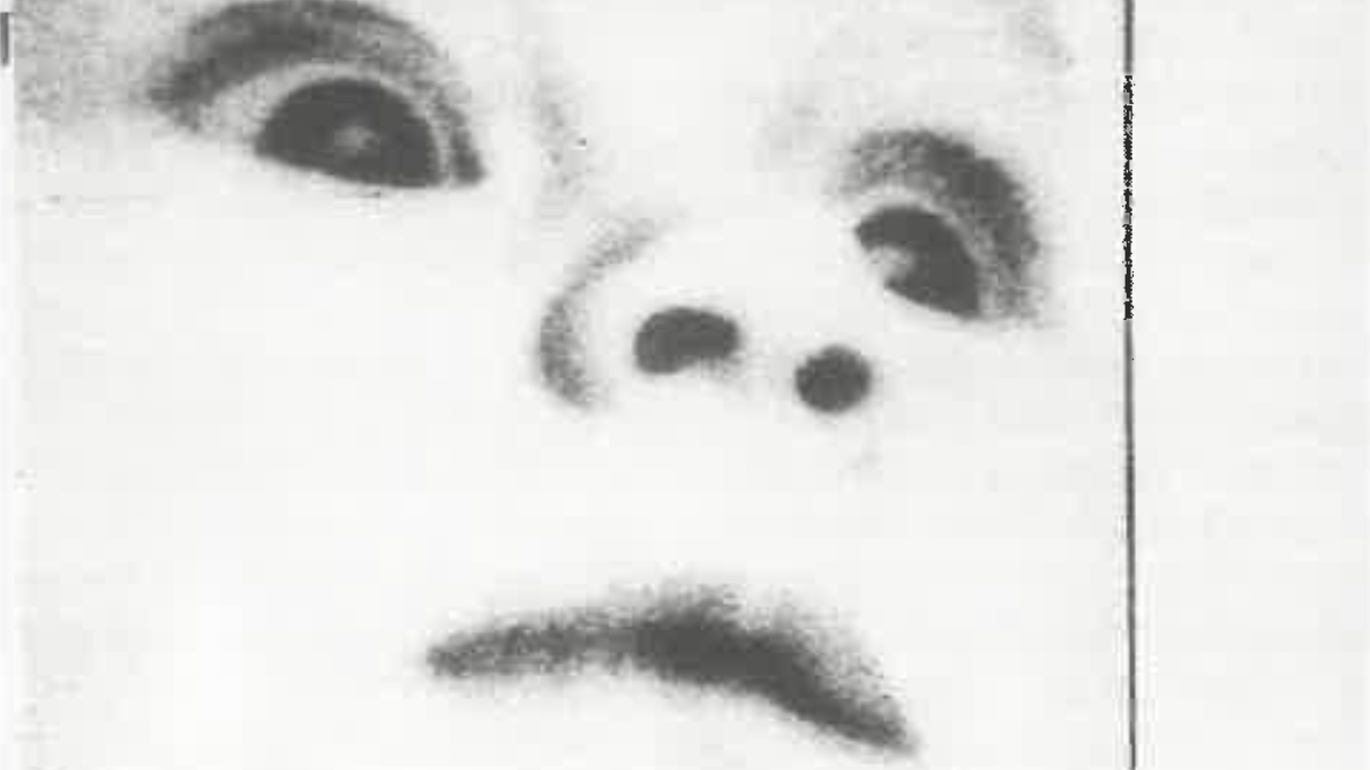The Metamorphoses of Eros
New avantgarde-films from Austria, Great Britain, Germany and the USA.
Body signs. The metamorphoses of Eros, which precede this program as a title, refer to four of the five films assembled here. Their stories deal with the history of the body and its sensuality.
At the same time, we want to present some of the most beautiful avant-garde films of 1992/93. The immediate occasion for this is the completion of passage à l'acte, the new film by Martin Arnold, four years after the international success of pièce touchée, which, decorated with no less than 14 awards, has become one of Austria's most successful films to date.
Pièce touchée analyzed the encounter between man and woman. Chapter 2: passage à l'acte pushes towards the place where the behavior of the sexes towards each other is shaped.
The second Austrian work in the program is my film Parallel Space: Inter-View, which premiered at the Viennale '92. The joint presentation of passage à l'acte and Parallel Space: Inter-View has been planned for some time.
Both works concentrate on and are constructed from the individual film image, and both films touch on the Oedipal conflict as one of their themes: in passage à l'acte as an exposure of the constellations of authority and conflict within the nuclear family; Parallel Space: Inter-View compares the voyeuristic cinematic view with that of the primal scene.
The rest of the program was put together very pragmatically: We checked with the creators of our favorite films from previous years to see if any new works were ready. Not only did we come across films that also deal with the body, but we also promptly discovered a new trend and were able to import it into the program. What is gently stirring in the background of passage à l'acte and Parallel Space: Inter-View is currently presenting itself on international terrain as a renaissance of the psycho-drama, as it had its heyday in the 1960s in films by Stan Brakhage, Kenneth Anger and Gregory Markopoulos.
Matthias Müller and Michael Maziere have demonstrably never seen each other's films before. Nevertheless, Sleepy Haven and The Red Sea seem to be coordinated right down to the color scheme. Heavy, pompous erotic love fantasies, luminous monochrome, a steaming red in Maziere's work, the futile attempt to cool down in blue in Müller's. Both films are preceded by lines of poetry, one from Rimbaud's "Drunken Ship", the second likewise "Meeriges" by Joseph Conrad. Both films penetrate the damp, allow fragmented writing to appear in water, use the motif of drowning and make use of congenial, powerful music.
Michael Maziere is yet to be discovered in Austria. Matthias Müller has already proven himself as a specialist for the complete enthusiasm of packed cinemas: with Aus der Ferne - The Memo Book and with his Home Stories at the Found Footage Festival in 1991.
Phil Solomon was not only a star of found-footage film - he was also a pioneer in the "unknown territories" of American independents. His film Clepsydra is the only film in this selection that does not deal with the search for the body and the history of its sensuality, but with the time of this body. Nevertheless, Clepsydra is a metamorphosis. Solomon penetrates deep into the body of cinematography. His images are the product of acid baths that eat into the emulsion and produce a flair of the unreal until it seems to reflect the character of cinematography as a whole. If one wanted to remain in the realm of poets and poetry, then Clepsydra would have to be Proust. In the flow of the film strip through the projector, Solomon finds his metaphor for the irretrievability of time, and at the same time the possibility of memory. (Peter Tscherkassky)
Program
Parallel Space: Inter-view (Peter Tscherkassky, AUT 1992, b/w, sound, 18 Min.)
The Red Sea (Michael Maziere, GB 1992, colour, sound, 22 MIn.)
Sleepy Haven (Matthias Müller, D 1993, b/w, silent, 15 Min.)
Clepsydra (Phil Solomon, USA 1992, b/w, silent, 15 Min.)
passage à l'acte (Martin Arnold, AUT 1993, b/w, sound, 12 Min.)
Ein gemeinsames Programm von sixpackfilm und Stadtkino
Programmzusammenstellung Martin Arnold, Brigitta Burger-Utzer, Peter Tscherkassky

